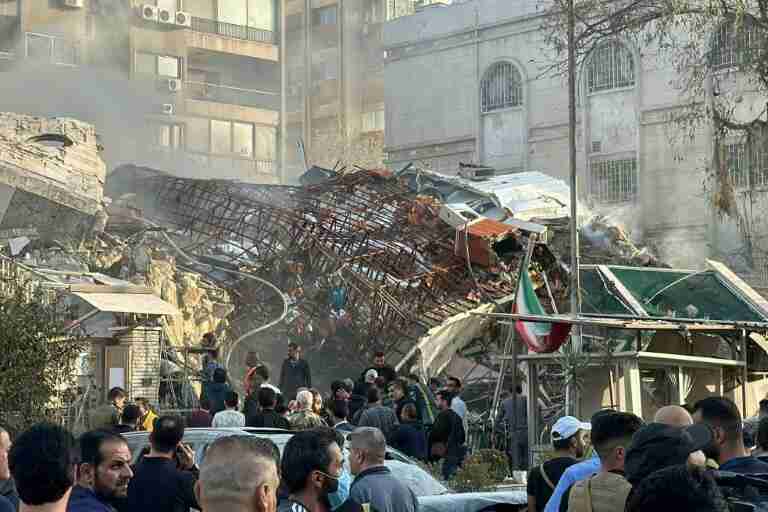Mohammad Reza Zahedi's Death and its Implications for Iran
The recent death of Mohammad Reza Zahedi, commander of the Islamic Revolutionary Guard Corps (IRGC) Quds Force's Department 2000, has significant implications for Iran [[1]]. Zahedi was killed in an Israeli attack on Iran's armed entrenchment, along with his deputy, and the destruction of what Iran claimed was its consular building in Damascus [[1]]. While the IRGC has a large apparatus and can find a successor for Zahedi, his replacement will not be easily found [[1]].
Mohammad Reza Zahedi's Background and Career
Mohammad Reza Zahedi was born on November 2, 1960, in Isfahan, Iran [[1]]. He joined the IRGC in 1980 and rose through the ranks, commanding influential divisions like the 14th Imam Hossein Division during the Iran-Iraq War [[1]]. Zahedi held various positions within the IRGC, including deputy commander and then commander of the IRGC's ground force, commander of the IRGC's air force, and operational commander of the IRGC's Sarallah Headquarters [[1]].
Zahedi also served as the commander of the IRGC Quds Force's Lebanon Corps and Department 2000, which oversaw operations in the Levant and had close ties to Hezbollah [[1]]. He was sanctioned by the U.S. government in 2010 as a specially designated global terrorist for his role in Iran's support to Hezbollah [[1]].
Implications for the IRGC and the Axis of Resistance
Zahedi's death, along with the deaths of other key IRGC figures like Qassem Suleimani and Mohammad Hejazi, poses challenges for the IRGC and the Axis of Resistance [[1]]. Zahedi oversaw the IRGC Quds Force's Unit 2250, responsible for logistics and supporting Hezbollah [[1]]. The loss of Zahedi and his deputy weakens the top brass of the Quds Force and Department 2000 [[1]].
However, the fundamentals of the IRGC's doctrine and strategy are expected to remain the same, and a replacement for Zahedi will eventually be found [[1]]. The ongoing trend of diffusion and decentralization of IRGC regional operations under Esmail Ghaani's Quds Force commandership may accelerate, with Hezbollah and other actors playing a more active role in supervision [[1]].
Potential Iranian Response
There is pressure on Iran to respond more aggressively to the recent strike, especially as it took place in an alleged Iranian diplomatic compound [[1]]. However, any Iranian response is likely to be carefully calibrated to avoid direct conflict with Israel and the United States [[1]]. The Iranian leadership is currently unpopular at home, and succession questions are looming large, with Supreme Leader Ayatollah Ali Khamenei turning 85 this year [[1]].
While some observers interpreted Khamenei's condolence note as a sign of direct retaliation, the wording was vague, and Iran may choose to respond indirectly to preserve plausible deniability and avoid escalation [[1]]. Khamenei has also emphasized the importance of maintaining supremacy in the media war with the United States and its allies, which may influence Iran's decision-making [[1]].
In conclusion, the death of Mohammad Reza Zahedi has significant implications for Iran, particularly for the IRGC and the Axis of Resistance. While Zahedi's replacement will eventually be found, his death weakens the top brass of the IRGC Quds Force and Department 2000. Iran's response to the recent strike is expected to be carefully calibrated to avoid direct conflict and preserve plausible deniability.

